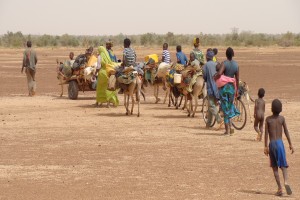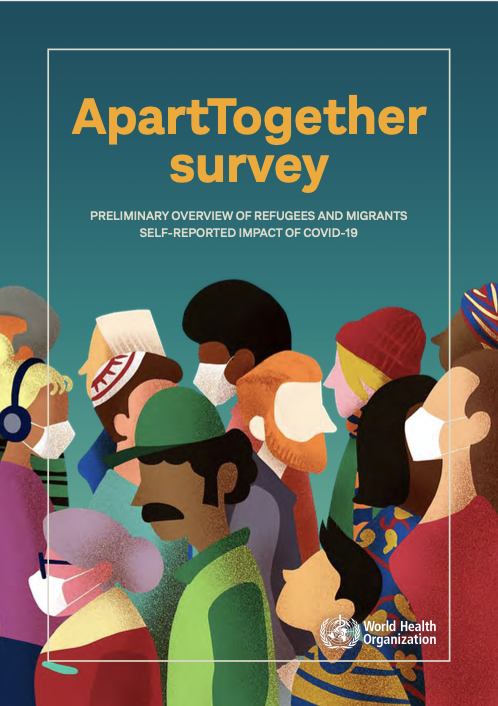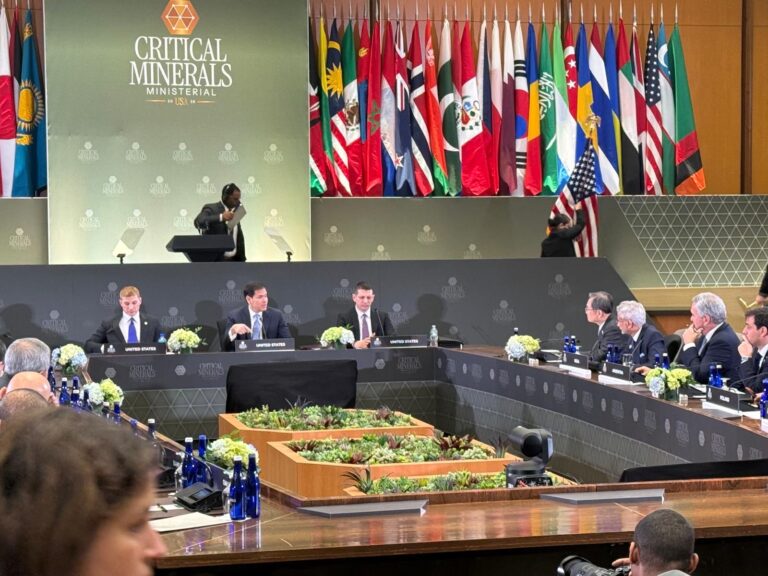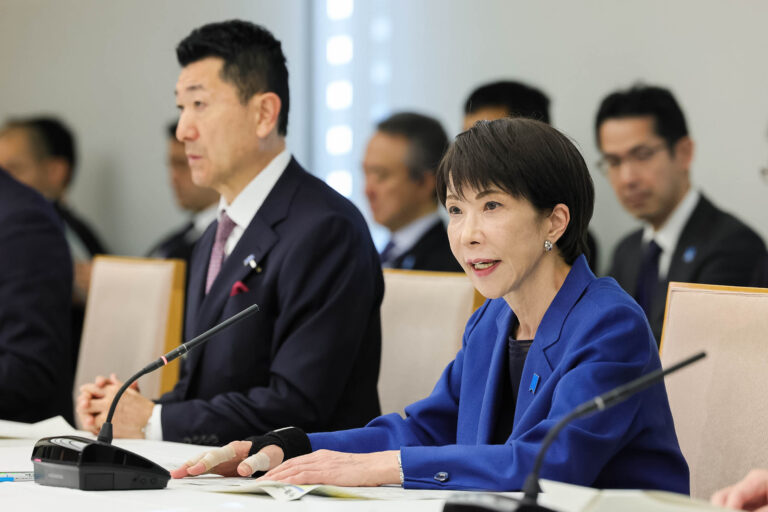
Geneva: Today, every seventh person worldwide is estimated to be a migrant, with 272 million being international migrants (5) and 763 million internal migrants (6). Also, among them, by mid 2020, 80 million people were forcibly displaced be‑ cause of persecution, conflict, violence, human rights violations or events seriously disturbing public order.
Various epidemiological studies have shown a higher prevalence and mortality burden for COVID‑19 among older age groups, particularly those older than 60 years. However, this group was underrepresented in a recent World Health Organisation (WHO) survey wherein more than 30,000 refugees and migrants from different regions around the world participated in the first ever survey to assess the impact of the COVID-19 pandemic on their mental and physical health as well as their ability to work and support themselves. They were asked to grade the impact on a scale from 0 (nothing at all) to 10 (extreme). The average impact assessment reported was 7.5.
 The ApartTogether survey, launched on International Migrants Day on December 18, 2020, though revealed COVID-19 pandemic had a highly negative impact on the living and working conditions of refugees and migrants.
The ApartTogether survey, launched on International Migrants Day on December 18, 2020, though revealed COVID-19 pandemic had a highly negative impact on the living and working conditions of refugees and migrants.
More than half the respondents across different parts of the world say that COVID-19 brought about greater level of depression, fear, anxiety and loneliness. One in five also talked about a deterioration of mental health and increased use of drug and alcohol.
Among the participants reporting worsening of their mental health, refugees and migrants living in asylum centres or on the streets were the ones that reported most worsening.
Limited access to information due to language and cultural barriers, coupled with the marginalisation of refugees and migrant communities, place them amongst the hardest to reach populations when information is disseminated. While it is positive to note that most participants indicate that they were treated the same, a significant proportion felt that discrimination had worsened in various ways. According to the survey such perceived discrimination was particularly felt among the younger age groups (20– 29 years of age), where at least 30% of respondents felt that they were treated less well because of their origin, which according to the report, required particular attention of governments, civil society, NGOs and international organisations alike.
Irregular migrants (in the survey terminology “respondents with no documents” or “undocumented”), clearly had experienced a stronger impact on their daily living conditions by the pandemic than other groups, especially regarding their access to food, clothes, support from organisations and medical care. In many instances this was a deterioration of 50% or more within this category. The impacts described here were likely even more pronounced for those living on the street and in insecure accommodation, as would be expected. Refugees and migrants living in such insecure housing situations or in asylum centres reported a strong deterioration of their access to housing, food, access to work, clothing, medical care and support from NGOs , which is alarming.
Undocumented migrants are often excluded from national health programmes or social protection schemes that could facilitate access to health and social services. Many do not seek health care, including for COVID-19, due to financial constraints or fear of deportation.
The report underlined the need and importance of including refugees and migrants in inclusive policy responses to COVID-19. The aim is to draw of the findings of the survey to expand research and evidence gathering from across the world to better understand how the pandemic has created increasingly difficult living conditions for refugees and migrants.
“Refugees and migrants live and work in often-harsh conditions with inadequate access to health, housing, water, sanitation and other basic services,” Dr. Tedros Adhanom Ghebreyesus, WHO Director-General, said. “It is vital for all countries to reduce barriers that prevent refugees and migrants from obtaining health care, and to include them in national health policies,” he added.
The Survey report concluded that refugees and migrants should not be treated differently in society as that may hamper their basic human rights and rights to health. It recommended targeted and needs-based approaches to programmes and interventions, including those for refugees and migrants, to ensure this. “Refugees and migrants should not be left behind and should be included in public health actions in response to the pandemic and in the efforts to advance the goal of universal health coverage,” it stated.
– global bihari bureau





